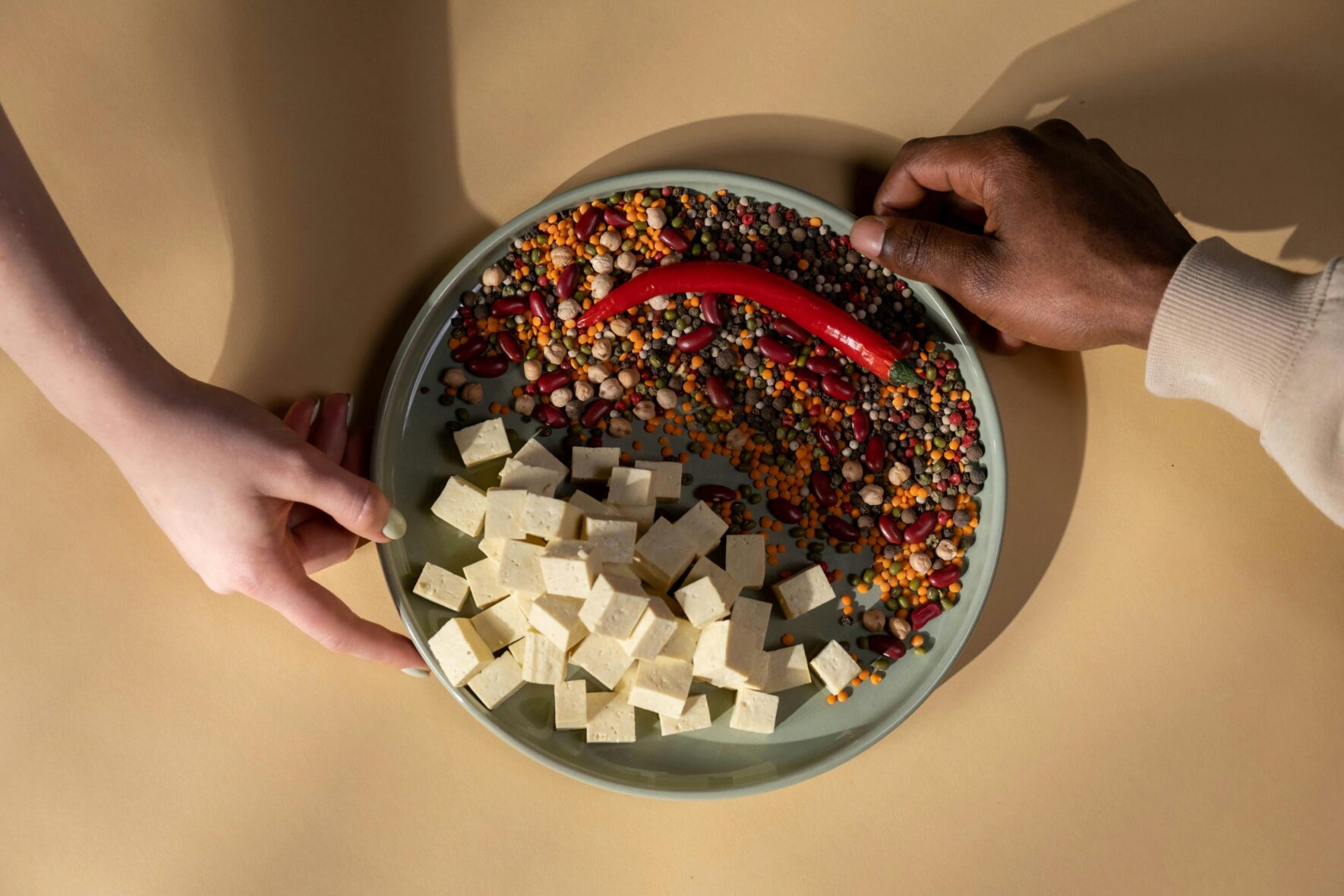It is said that a good cook can make a delicious meal out of nothing. At least that’s what the great Mārtiņš Rītiņš could do on his TV shows. Does it always work? Imagine a chef in a restaurant who opens the refrigerator, finds only two eggs and a lemon, and confidently says: “Today’s special – a lemon omelette with a secret!” The secret here is not only in the improvisation, it is also in the quality of the eggs and lemon used.
In other words, quality is the one golden rule of cooking. Here are the aspects that go into it:
- Fresh vs. preserved. Freshness is the magic that adds life to the food we eat. When we choose preserved products, they often lose not only their taste but also their nutritional value. Compare a fresh tomato with a canned one – the first one tastes like the sun, the other… like a jar. Fresh produce not only tastes better, but also provides added vitamins and minerals.
- Organic produce. People tend to think that organic food is more expensive, but it often has a stronger taste and is more natural. Organic foods are often richer in essential nutrients. So, is it worth paying more? Yes, if taste and health come first!
- Seasonal produce. Why eat winter strawberries if they are tasteless? Seasonal produce is full of natural flavours that can take us back to childhood memories. What’s more, they’re often cheaper as they don’t have to be imported from far away countries. And when you think about it, eating seasonal produce guarantees you never get bored, because every flavour has its own time!
- Origin. Do you choose olive oil from Italy or Spain? Coffee from Colombia or Ethiopia? Origin can greatly influence the taste of a product. This is an important aspect to consider when choosing products, as each region offers a unique flavour profile that cannot be reproduced elsewhere.
Quality ingredients are at the heart of any great meal. Choosing fresh, organic and seasonal produce not only improves the taste of your meals. It’s also good for your health. It’s better to take less, but never compromise on quality, because cheapness almost never means quality.
